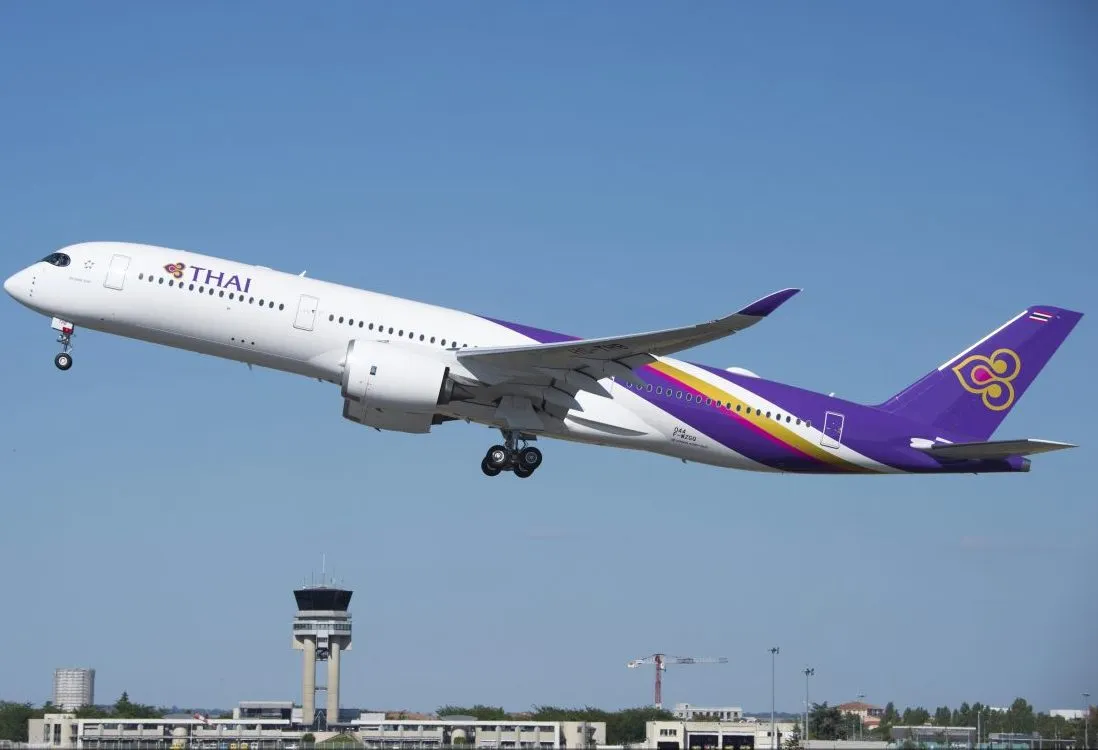Trip.com Sees Biggest Business Travel Growth in China's Second Cities

Skift Take
Trip.com, the world’s largest online booking site, will target “lower tier” cities across China in a bid to grow its share of the corporate travel market.
Premier cities including capital Beijing and commercial hub Shanghai are described as “saturated” in a white paper published this week by Trip.Biz, the online agency’s business travel division.
It argues there are now more opportunities in smaller cities, particularly around digitization in a mostly paper-based environment, as the country — the largest corporate travel market in the world — reboots after months of stringent lockdowns.
Taking It Online
More than 78 percent of business travelers have noticed lower-tier destinations are becoming more popular for business travel, according to its survey,
"This is mainly due to companies pivoting to new destinations in response to market saturation in higher-tier cities and adjustment of cities,” it said. “Some employers said that their businesses will focus on third and fourth tier cities in the future as business in large cities will become more saturated.”
The tiers are used, unofficially, as a classification system for businesses to guide their market entry strategy. It can reflect differences in consumer behavior, income level, population size, consumer sophistication, infrastructure, talent pool and business opportunity, and as the county rapidly develops the tier ranking has gained popularity as a point of reference.
Part of the push is due to an increase in infrastructure construction in developing cities. “The development of smart cities will increasingly focus on smaller cities, and business travel destinations will follow suit,” said one business traveler in the 87-page white paper.
Trip.Biz is now looking to expand its supply chain into third and fourth-tier cities to obtain better resources. It also started to provide bus tickets in 2019 to help travelers access more remote regions
Meanwhile, it has highlighted the potential for travel management companies to help local businesses make travel booking more efficient.
It found that when it came to booking methods in 2021, bookings made by administrative staff for employees still represented 29.1 percent of all methods, although this was down on about 40 percent in 2020. Self-bookings by employees made up just 23.5 percent.
For the employee's preferred booking channel, a mobile app was used by 81 percent, and a WeChat official account or "mini program" by 62.4 percent, which was up from 29.2 percent in 2020.
When it came to payment channels, 69.2 percent of employees used Alipay, and 60 percent WeChat, highlighting these firms' dominance in the country. Personal credit cards came in at 34.4 percent, and company account via travel agency at 16.8 percent
For expense reimbursements, 28.8 percent still used paper forms to claim money back from their employer.
New Features
As well as bus tickets, Trip.Biz has launched other features to reflect post-pandemic booking habits, including a hotel review tool earlier this year. “As one of its first kind within the travel management community, it will enable guests to leave reviews and suggestions for hotels, and help travelers quickly find suitable hotels,” it said, and claimed nearly 70 percent of travelers are influenced by reviews when booking hotels.
In March last year, Trip.com mimicked partner Tripadvisor with new content offerings.
Trip.Biz also lunched Mixed Payments, to allows employees to book more expensive products which are not covered by their company’s travel policy, allowing them to pay the excess amount themselves. This reflects the rise of so-called bleisure trips.
The white paper also shared some unusual insights into the Chinese business traveler. One in 10 business travelers, for example, take their own kettle with them, and 30 percent their own slippers.
On the sustainable travel front, a majority of 68.8 percent of employees (worryingly) responded that reducing paper trip approvals via online management was a way to achieve sustainability in business travel management.
Trip.com, which used to be known as Ctrip, is the world’s largest online booking site with more than $129 billion of travel sold in 2019. The release of the white paper comes just days after Trip.com founder James Liang was banned from China's Weibo for "violating relevant laws and regulations."
Trip.Biz is now implementing a global growth strategy based on Trip.com group's "Local Focus, Global Vision" approach. “Core to this strategy is the efficiency, product selection, service quality and services available on the Trip.Biz app,” it said in a statement.
According to recent results, corporate travel revenue grew 20 percent in its 2021 fourth quarter, compared to the previous year's quarter, and 54 percent for the full year of 2021, year-over-year.
Corporate travel agency CWT, meanwhile, this week opened a bilingual service center in Singapore to provide business travel support to the overseas employees of large Chinese companies. It will offer companies round-the-clock travel assistance in English and Mandarin.
"This is in response to a growing demand from Chinese multinationals that require a convenient and consistent corporate travel experience for their employees based outside of China," the company said.




